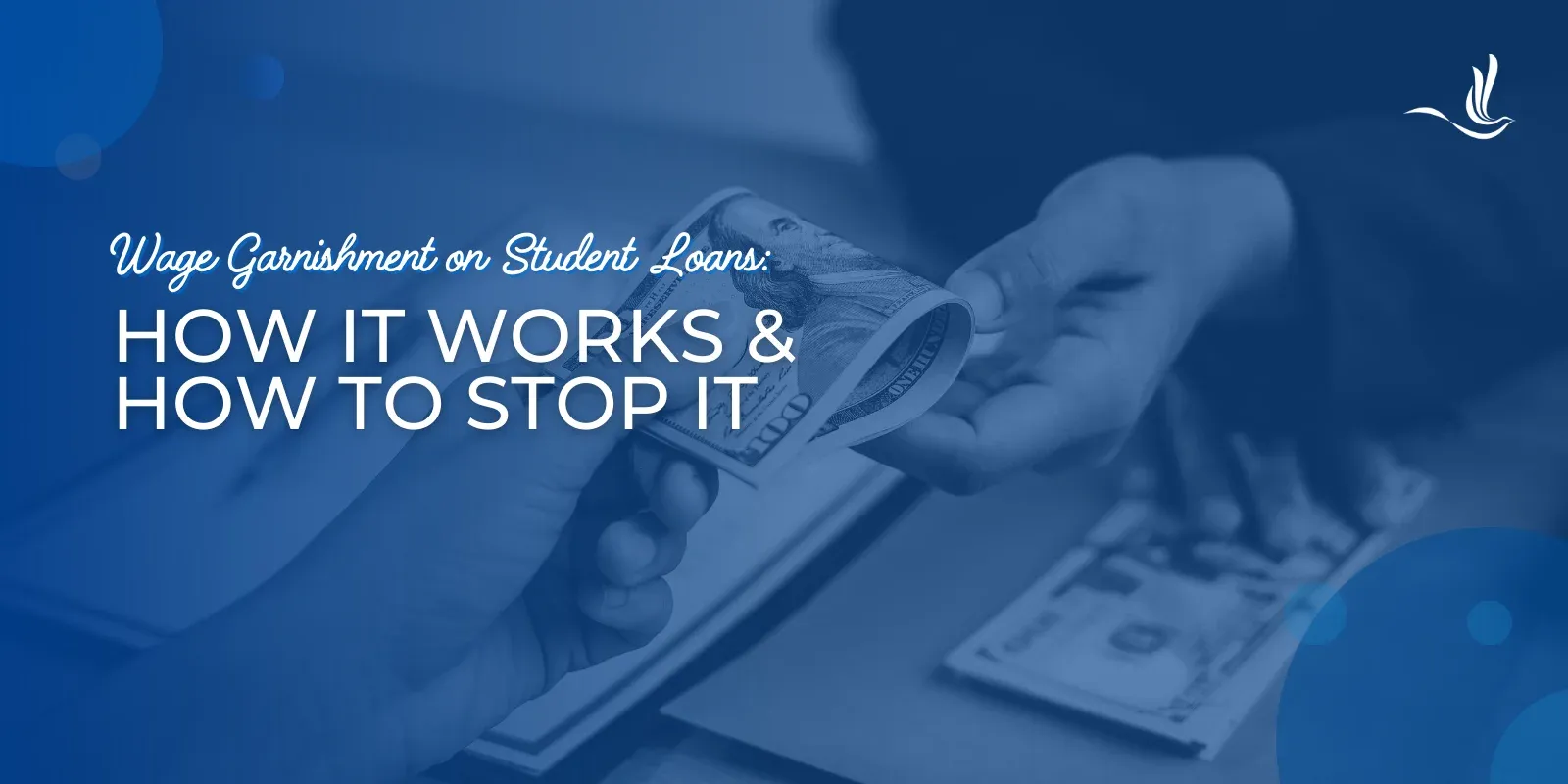When it comes to my specific clients — those in the arts and entertainment or performing arts industry — the wider picture needs to be considered.
Whereas pay-as-you-earn (PAYE) employees get paid relatively the same amount each day, self-employed clients’ pay is more sporadic and variable.
Although my clients’ pay is much the same as that of a self-employed person, it is usually much more seasonal.
Although well paid today, tomorrow could be different
For example, those who work in the theatre or around the stage may earn 90% of their yearly income between November and February. Because lenders usually look only at the past three months of bank statements to assess income, this puts my clients in an awkward situation should they wish to apply for a mortgage in June!
Since the tough Covid year of 2020, when theatres closed and TV productions either ceased or were hugely scaled down, my clients have had to rely on their savings to get them through.
The wider picture needs to be considered
The Self-Employment Income Support Scheme grants helped those eligible but, for a good portion of the following two years, lenders decided that, even though tax was charged on this grant and it was seen as proper income, they would either ignore it or throw the case out. Some lenders are still very cautious over applications from someone in the arts.
Big void in income
Some arts and entertainment people did a sterling job of being proactive, using the downtime to shore up their CV and apply for many productions booked for the next couple of years. This didn’t help with their income, though, so a big void is still visible.
Make sure clients have a current, steady, provable income that supports their latest year’s tax calculation
Some people took on PAYE work and employment via schools or online tutoring.
This had its pros and cons.
Where lenders were concerned, even though somebody did the right thing and kept money coming in, this income could not be used on a mortgage application unless the applicant was still employed at the same place. Many clients therefore had to wait for the next year to be able to use a full year of self-employment income to show their worth.
The good news is some lenders accept the latest year’s tax return as long as bank statements show a good income at the time. And some are willing to ignore that horrible year. The only problem is that these lenders usually charge a higher rate, so clients are getting penalised for something that was out of their control.
Make sure their tax calculations and tax year’s overview match
Some may say it would be better to wait for another year to pass before trying again — but certain lenders allow PAYE employees to get a mortgage before they earn their first payslip!
Frugal spending
It is rare for applicants in this industry to have a small deposit.
The way they work is variable and, when they do get paid, they get paid very well. This means they can squirrel away funds. They are also aware that, although well paid today, tomorrow could be a different story. They are therefore quite frugal with their spending, and debt can be low.
On the whole, my clients look after their credit and have very few missed or late payments.
In the past two years, I recall only one with a County Court Judgment.
What is my advice for looking after these lovely and passionate people? Be yourself with them.
During Covid, my clients had to rely on their savings
They do not want a pompous adviser telling them what they should have and what they could have had if they had a simple PAYE job. They already know this but have chosen to work in the role they love.
They want fair treatment, which is quite hard to find unless the timing is perfect, so make sure you explain to them how lenders view their income.
Check bank statements pre-submission and make sure clients have a current, steady, provable income that supports their latest year’s tax calculation.
And make sure their tax calculations and tax year’s overview match. If not, this could mean a tax liability they might not even be aware of.
Finally, spend extra time to get to know them.
Austyn Johnson is founder of Mortgages for Actors
This article featured in the December 2022/January 2023 edition of MS.
If you would like to subscribe to the monthly print or digital magazine, please click here.
Original Article






